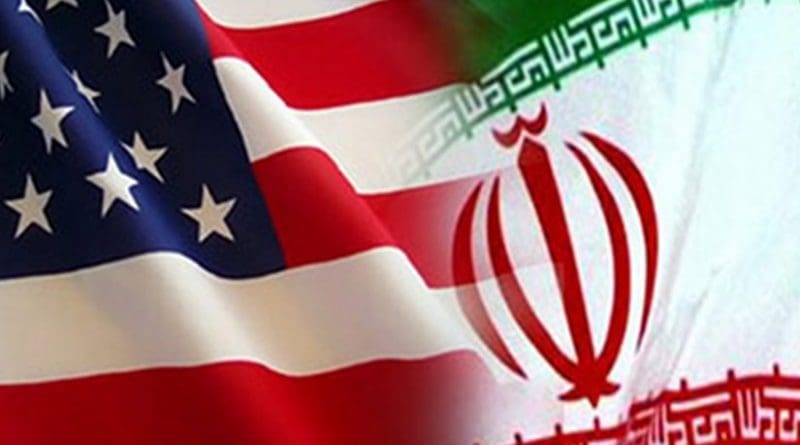Iran’s Non-Zero Sum Relations With US – OpEd
Last week, US President Donald Trump announced the main outline of a new “Iran strategy” that seeks to deter Iran’s rising influence in the Middle East in the post-nuclear accord era. “Our policy is based on a clear-eyed assessment of the Iranian dictatorship, its sponsorship of terrorism, and its continuing aggression in the Middle East and all around the world,” Trump said, pledging to either fix or drop the nuclear deal known as the Joint Comprehensive Plan of Action (JCPOA).
Receiving Israel’s and Saudi Arabia’s instant backing, Trump’s new anti-Iran posture drew strong objections from US’s European allies, who in a joint statement vowed to stay by the agreement that, in their view, marks a strong non-proliferation agreement worth saving, partly because of the economic side benefits in the post-JCPOA environment. In contrast, the US government has little economic interests at stake and, therefore, minimally suffers from an unravelling of the JCPOA.
On geopolitical and strategic fronts, however, the situation is very different and US’s losses from a lop-sided and reductionist approach to Iran would not only be dangerous and an invitation to open hostilities with Iran, a regional pivot with considerable influence and ability to strike back throughout the region, but also a major disservice to US’s own (national security) interests — that feature several points of coinciding interests with Iran, i.e., on Iraq, Afghanistan, counter-terrorism, energy security, narco-traffic, and the like.
Sadly, Trump’s new Iran approach risks burying these shared or parallel interests under a mounting pile of miscalculated Iranophobia, reflecting a basic misperception of a non-zero sum relations with Iran as a zero-sum relations. This is a critical mistake on the part of US government, reductionist in core, providing a narrow frame of reference that obviates the necessity of select US-Iran cooperation on areas of mutual interest cited above. Resorting to a Manichean ‘enemy image of Iran’, Trump has evinced all the maladies of a major policy misperception in international relations, in dire need of immediate correction.
Of course, it may well be said that Trump’s policy announcement on October 13th did not reflect the complexities of US’s Middle East policy and its Iran subset and that we ought not to read too much in the incendiary rhetoric. After all, the days following Trump’s announcement we have heard from both US Secretary of State Rex Tillerson and the US envoy to UN, Nikki Healey, that US intends to stay with the JCPOA “for now” which in all likelihood might mean the rest of the first Trump administration.
A key problem with the JCPOA, as seen from the US’s prism, is that it has resuled in a strategic loss for US in the Middle East, in light of Russia’s new Middle East intrusions and the growing Iran-Russia alliance luring the US’s NATO ally Turkey, thus presenting a basic dilemma. The nub of this dilemma is that it appears to US policymakers like a Faustian bargain, gaining on the nuclear and non-proliferation front with Iran while losing on the geostrategic level. Such side-effects of the JCPOA seem to be too heavy a price to pay, which is fundamentally why Washington is presently toying with scrapping the JCPOA and resurrect its anti-Iran leadership, which has experienced a diminishing return in the post-JCPOA era.
But, things do not necessarily need to move in a downward spiral between Tehran and Washington. Rather, given the wealth of shared security concerns cited above, both sides can resort to them as zones of agreement in order to slowly but surely shrink the zones of disagreement, requiring a bilateral security dialogue. Unfortunately, Trump’s harsh demonization of Iran has effectively blocked this possibility, leaving open only the alternative scnario of rising tensions and even conflict down the road. This is an unhealthy prospect not in the interests of either nation, and the sooner Mr. Trump realizes the objective reality on the ground in the Middle East, reflecting a non-zero sum relations with Iran, the better.

